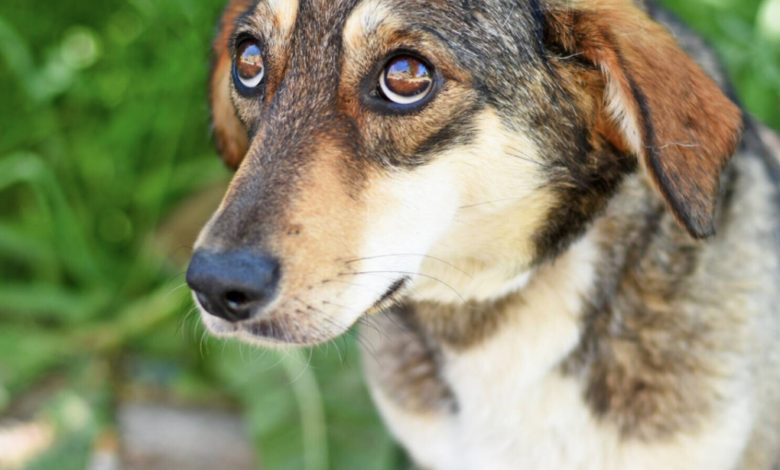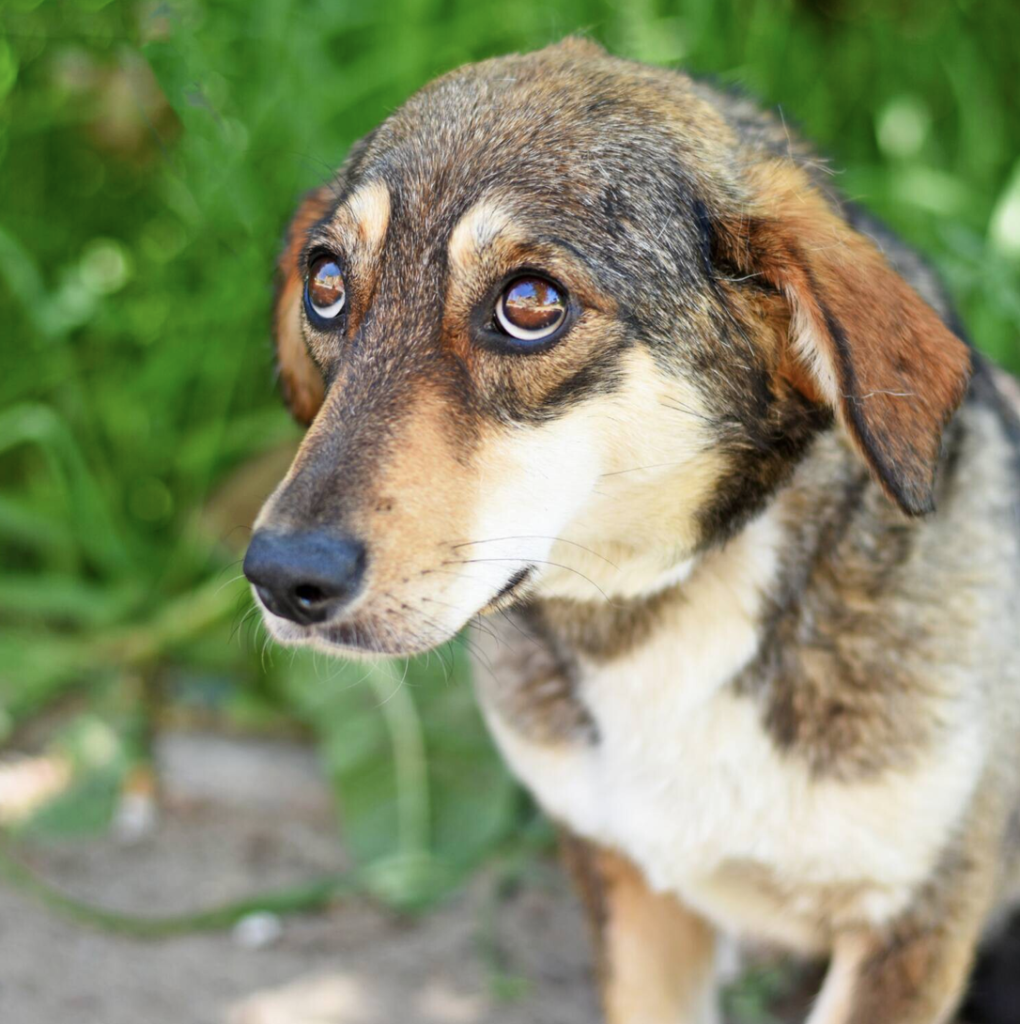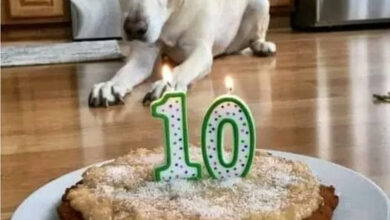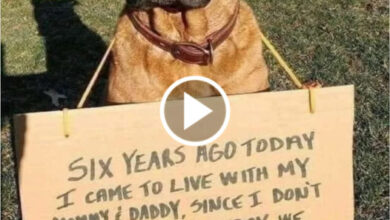
In a determined effort to address the persistent problem of dog poop littering the streets, the mayor of the quaint town of Béziers in France has taken a rather unconventional approach. Witnessing the unsightly mess caused by inconsiderate dog owners, Mayor Robert Ménard decided it was time to act. The historic town center was marred by brown smears on sidewalks and streets, prompting the mayor to take action.
To combat this issue, Ménard introduced a novel policy requiring dogs strolling on the main streets to have their DNA registered with the local government. This policy would be enforced through the use of dog “passports” that owners must carry to prove compliance. Should any dog poop be found in public spaces, the city would conduct DNA tests to identify the responsible dog. Subsequently, the owner would be held liable for the cleanup costs.

Expressing his exasperation, Mayor Ménard declared, “I can’t stand it anymore.” He believes that the failure to clean up after one’s dog is symptomatic of a larger issue, indicating a lack of civility in the community. By enforcing such measures, he hopes to foster a sense of responsibility and consideration among the residents.
While this crackdown on dog poop is set to be a temporary experiment, scheduled to run until July 2025, it has sparked debates in France, a country that places a high value on individual liberty, as evident in its national motto. Nevertheless, Ménard remains resolute in his pursuit of cleaner streets and asserts that public interest must be upheld through strict enforcement of regulations.
Similar approaches have been adopted by other cities, both in France and abroad, with varying degrees of success. Homeowners groups and certain cities, like Tel Aviv in Israel and Valencia in Spain, have implemented comparable policies, supported by the threat of fines, to combat the issue of dog waste in public spaces. However, some critics argue that such measures represent government overreach.

As of July 2023, dog owners in Béziers are now required to carry documents verifying their dogs’ DNA registration when walking in specific central areas of the city. Authorities have allowed a two-month grace period to inform dog owners about the new policy. After this period, those without their dogs’ genetic passports will face a fine of 38 euros ($43). If any feces are left behind and traced back to a specific dog, the owner will receive a bill of 122 euros ($136) to cover the city’s cleaning service costs.
The authorities in Béziers hope that the threat of fines will lead to a reduction in the time and money spent by sanitation workers to clean up dog waste from the streets. Records indicate that the city’s sanitation workers had to clean up dog feces 25,607 times in 2020, 39,847 times in 2021, and 21,313 times as of November 30, 2022, according to the decree.




